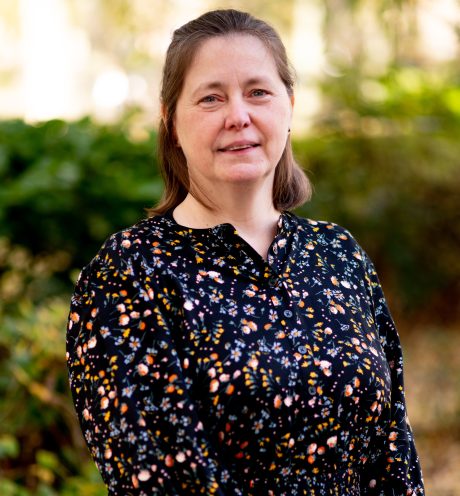Bridget’s Blog: New year, new beginnings
3rd September 2024

I say it every September, but the new academic year always seems more of a fresh start for me than the other two ‘new year’ moments (the new calendar year in January, and the new financial year in April). And this was reinforced as I started writing this blog from Scotland in August and out of the window I could see pupils pouring out of the local primary school at the end of the second week of term. I watched as children in oversized uniforms headed home clutching bags which I’m sure held new pens, notebooks, and perhaps even a picture ready to go up on the fridge. I don’t have a new uniform, set of pens or even a new notebook, but I do feel that there is certainly quite a bit of ‘new’ about the 2024/25 academic year.
The key ‘new’ is that we’ve got a new government in Westminster, and whilst change in education and arts contexts is unlikely to happen in these first weeks of the new school year, there is change afoot! We have been promised a curriculum review for England which I expect will see a shift from STEM to STEAM; there is a commitment to increase the number of teachers in schools; and the idea of a National Music Education Network remains ‘on the table’.
This last promise is still one which excites and puzzles me in equal measure. A better joined-up network at a national level, speaking with one voice, coordinating and collaborating to support all children and young people, their families and the teachers and leaders who provide musical encounters in and out of school has got to be a good idea. I believe we are already getting there with projects such as #CanDoMusic which has seen the three Music Subject Associations working together. However, I do wonder if a national network isn’t necessarily the best way to support individual children in their musical learning journeys. Surely local providers are best placed to offer the opportunities, and no national organisation is going to know about everything that is going on in a county, city, town or even village?
As has been seen in Wales, having a National Music Service provides amazing support to the providers of music education – to share knowledge and resources, to provide networks and a sense of being part of a national programme – but for a child in Swansea or on Anglesey, it is the local Music Service, their school and possibly other providers who will know how best to support them to progress their interests in music.
In England, the elephant in the room of course is that September sees the start of the new network of 43 Music Hubs, and there remain concerns that this structural change will diminish the access parents, carers, teachers and pupils have to local knowledge and expertise. And in Northern Ireland, this new year sees the formal start of the new structure of the Education Authority Music Service. But whatever changes there are to the management and reporting structures across the UK, I am confident that the ‘on the ground’ provision will still be there as pupils return to schools and music centres. Let’s celebrate the connectedness that networks can provide, but I am confident that as pupils pour into schools across the UK, hopefully with renewed excitement at the start of the new year, the local music educators in and out of schools will do what they do best – inspire and encourage children and young people with access to a diverse and inclusive selection of musical encounters.


